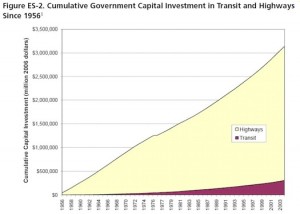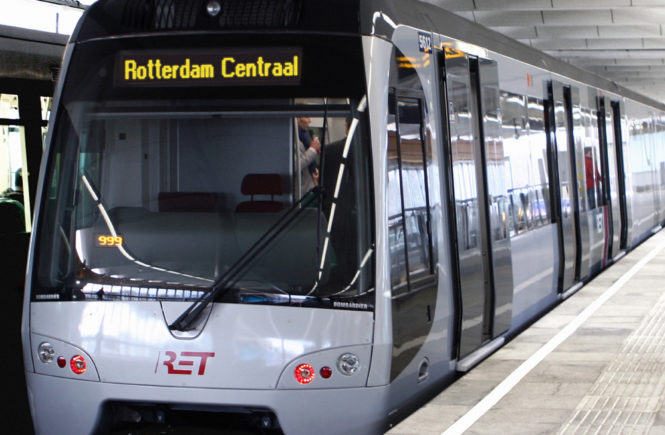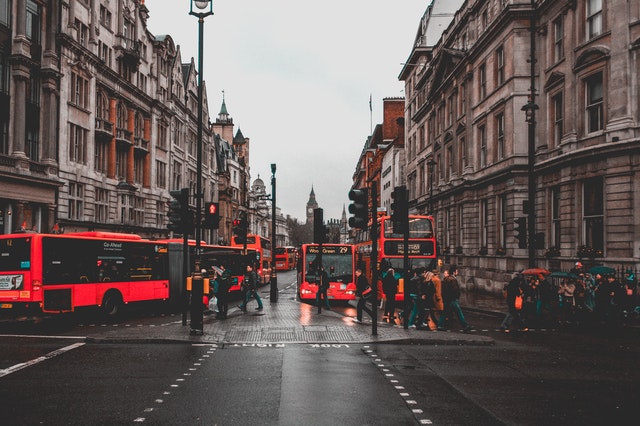I stumbled on an article the other day which asked a question I never really considered: Should transit be free? I began to dig around and found a whole network of free transit advocates. Several cities around the world have abolished transit fares, usually with substantial ridership increases as a result. The fare free transit arguments are:
- Reduction in operating costs (fare collectors, payment system terminals would be abolished)
- Increased ridership
- Broader demographic groups would ride because of convenience and low barriers to entry
- The environmental, social and health benefits (positive externalities) of each new transit rider would more than compensate for lost fare box revenue
- More political power/representation due to massive increases in ridership
Most fare free systems in the U.S. are on college campuses or downtown areas. Some of these systems are pretty comprehensive, like the Clemson Area Transit System in South Carolina. Entire cities have also gone fare-less like Changning City, China. Hasselt, Belgium, however, tried free transit for years only to find the costs outweigh the benefits.
This goes back to how we subsidize transportation. It’s well known that user fees (car registration fees, gas tax, etc) don’t cover the construction and maintenance costs of roads. These funding gaps are filled with general obligation money – revenue from property taxes and other sources. Should we expect transit to exceed the financial standards we set for highways? Is having transit fare box revenue targets a worthwhile goal considering the personal and environmental benefits transit riders accrue?
We tend to treat highways as public goods and transit as a private commodity. Closing highways because there’s no money in the budget to maintain them is unheard of. Budgetary transit service cuts happen often. Mode share plays a big role in how we treat highways versus transit, though. When more than 75% of America’s population commutes by car, a feedback loop is created where it becomes politically difficult to hold highways to the same financial standards as we do transit. John Grooms at Creative Loafing had this to say about transit as a public good:

During bad economic times, local government still provides police protection and garbage pickup, and it still purifies and delivers water. And so it should be with public transportation. No transit system anywhere pays for itself, nor should it be expected to. Public transportation isn’t a business venture that’s obliged to turn a profit; it’s an essential service, one of those things, like the fire department, that falls into the category of communal responsibilities, something we owe and provide each other as fellow citizens.
Fare free transit systems obviously require more funding to cover operations, but not that much more. The best systems – NYC and DC, have an average fare box recovery of 60%. Most transit systems only collect enough from fares to cover 30%-40% of their operation costs.
When you compare collective capital spending on highways vs. transit (take, for example, Metropolitan Washington Transportation Planning Board’s $3 billion 270 widening project), highways have been the recipients of enormous public funds while transit systems receive relatively little subsidies. Subsidizing free transit is orders of magnitude less expensive than what we spend on highways, and some may argue free transit results in much greater benefits to citizens and society compared to, say, widening highways.
On the other hand, an argument can be made that user fees are a relatively minor barrier to transit access in America compared to European cities given our suburban growth patterns and auto-oriented infrastructure. Free transit does have benefits, but most of these benefits are not easily represented on a spreadsheet. The Better Way To Go report from U.S. PIRG is an interesting start in quantifying these societal effects. Considering how tenuous funding is for transit all over the U.S., many people are also happy with any transit access in their city despite the user costs. Compared to automobile ownership costs, a fare of a few dollars may not be too much to ask after all.



